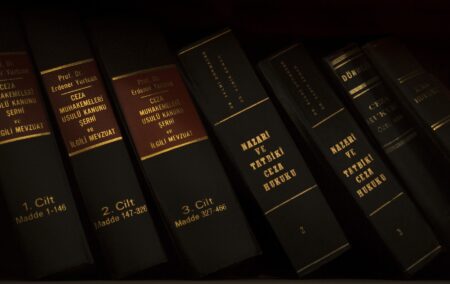The National Prosecuting Authority (NPA) charged Julius Malema and the Economic Freedom Fighters (EFF) for encouraging people at several gatherings to occupy any land they like, presumably unlawfully.
Malema was charged for inciting other people to commit trespass in contravention of section 18(2)(b) of the Riotous Assemblies Act read with section 1(1) of the Trespass Act.
On Friday, 27 November 2020 the Constitutional Court handed down a judgment, inter alia, whether:
1. the High Court’s order declaring section 18(2)(b) of the Riotous Assemblies Act (Act) constitutionally invalid, should be confirmed;
2. section 18(2)(b) of the Act is inconsistent with the right to free expression in section 16(1) of the Constitution, by reason of its over breadth;
Section 18(2) provides “Any person who—
. . . (b) incites,.. any other person to commit, any offence whether at common law or against a statue or…regulation, shall be guilty of an offence and liable on conviction to the punishment to which a person convicted of actually committing that offence would be liable.”
The ConCourt dismissed Malema’s application to confirm the High Court’s order declaring the punishment regime of section 18(2)(b) to be unconstitutional.
The ConCourt did hold that criminalisation of inciting others to commit “any offence” is over broad and inconsistent with the right to freedom of expression in section 16(1) of the Constitution.
It suspended the order of constitutional invalidity for two years to allow Parliament to correct the defect. To provide effective interim relief the ConCourt said it is necessary that “serious” be inserted between “any” and “offence” in section 18(2)(b).
Malema is likely to use this judgment to have the charges withdrawn, but the interim change does not necessarily render the charges invalid.

